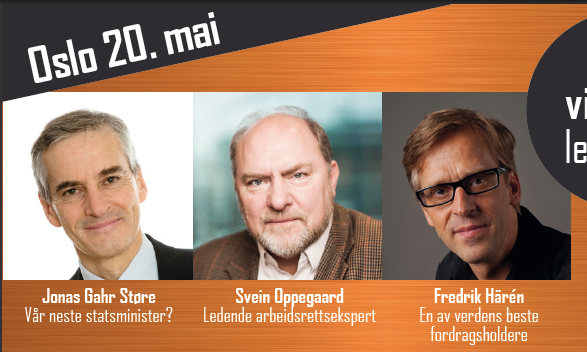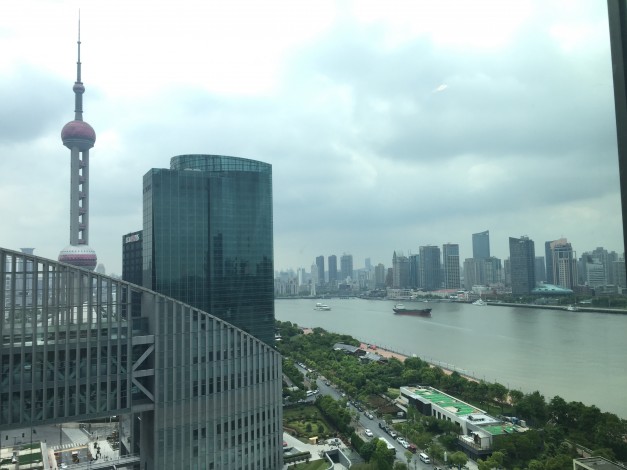
20 May 2015 – Oslo, Norway.
This post is about the importance of getting the right introduction before you go on stage.
I just got to see the final program for the conference that I was speaking at later today. In the draft of the program, I had been introduced as “Fredrik Haren – Author and Speaker”. But it turns out that they (without telling me) had changed it last minute and instead printed “Fredrik Haren – one of the best speakers in the world”.
Now, you might think I should be flattered by such a compliment, but overly positive descriptions of a speaker might actually have the opposite effect of what was intended. Instead of making the audience curious of you as a speaker, an introduction that is too positive makes the audience react with a “well, we will see about that” attitude.
I was once introduced as “Here comes Fredrik Haren, one of the most creative people in the world, let’s give him a big hand!”. It was up-hill from the start.
In the same way, I do not want to be introduced with the words “Fredrik Haren has been awarded ‘Speaker of The Year’ in Sweden…”, even if that is an award I have actually received.
In the first two examples, the description they used did not come from me. It was something the organisers decided to write about me, and something I would have preferred that they did not call me.
Now, lines like those above are great for when you or the organisers are SELLING you as a speaker. But when you are going up on stage, you should’t focus on selling yourself. You should focus on selling the message of your speech.
It is great if the emcee can build you up a little, so that the audience knows why they should listen to you, but ask the emcee to spend more time talking about the theme of your speech, and why it is relevant to the audience than talking about all the great things that you as a speaker have achieved.
For my speech in Norway today, I made sure that the emcee talked about the need for Norwegian companies to look outside Norway to have a more global mindset, and then I asked her to make a short connection to how I, the speaker, was right now in the middle of an around-the-world-speaking-tour.
That made a subtle build up of me as a speaker (“He must be good if he is asked to speak around the world”), while at the same time, keeping the focus of the introduction on the theme of the speech (“Why Norwegian companies need to have a more global outlook”).
Lesson: Make sure that the person who introduces you (in person or in the program) builds up an anticipation for your SPEECH – not for you as a SPEAKER.
P.S. And remember: “You never get a second chance to have the emcee give you a good impression.”

